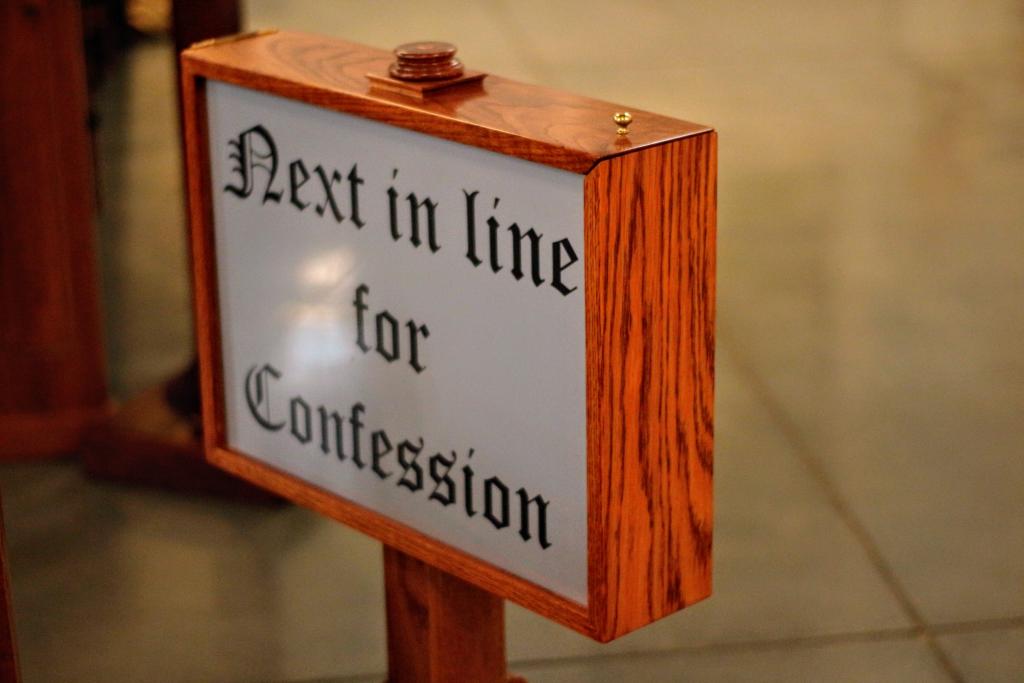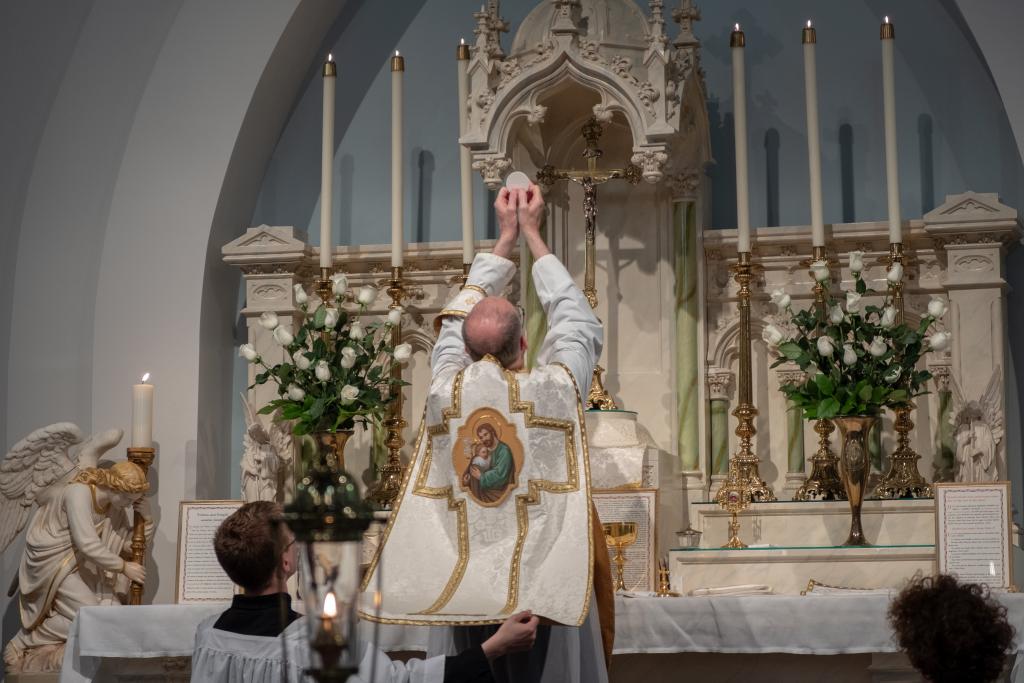
Repentance is a central doctrine of both the Catholic faith and the social justice movement. Since the inception of the Black Lives Matter Movement, and particularly since the death of George Floyd, many of us have felt called to a cultural repentance over the sins of racism, economic disparity, and oppression. As a Catholic, this process feels familiar. The cycle of repenting of a sin, being forgiven, and then going on to commit that same sin again, only to repent again, is as familiar as making breakfast, brushing my teeth, then eating again a few hours later. Repentance has always been understood as an ongoing process. So too, is the backlash against repentance.
People in my life who have left the Catholic faith often cite a toxic shame-cycle as part of the reason they were pushed away. They could never get sexually pure enough, never stop lying, never stop coveting their best friend’s cool backpack. They could never stop feeling bad. Similarly, several more conservative Christians, both on this blog and in my personal life, have expressed being hurt by the rhetoric of the BLM Movement, which seems to cast people, especially white people, as irredeemably bad. “I’m not interested in hating myself,” they might say, and they walk away from the movement entirely. So what must we do to stop this from happening?
The Difference Between Shame and Guilt
Catholics joke a lot about the phrase Catholic Guilt. It’s another way of describing that “never good enough” feeling that many people, but particularly religious people, carry with them. But it’s a misnomer, because what it’s really describing is shame, a pervasive feeling of self-loathing that no number of good and honest Confessions can heal. Guilt is something I’m quite content to have. It’s an acknowledgement and understanding of personal wrongdoing and the desire to rectify, to the extent possible, that wrongdoing. It’s also a willingness to accept negative consequences for one’s actions.
Similarly, White Guilt is a phrase I hear, mostly from Conservatives, to describe behaviors they observe from white liberals. It describes a sort of performative self-flagellation for the sin of having been born white, which they perceive as largely insincere. Interestingly, I don’t hear many Liberals or Progressives talk about White Guilt. They talk about dismantling privilege, re-examining biases, and – yes – reconciliation. They use many of the same words that practicing Catholics use to describe repentance. And, like Catholics, they view it as an ongoing process.
How to Repent from Racism
Racism is both a system of oppression and a set of individual actions and patterns of thinking. Racist is a loaded phrase because it brings with it a whole big load of shame. A racist person is a bad person – according to a certain mentality – and irredeemably so. So it’s not surprising that people become immediately defensive when something they say or do is called racist. They feel the need to defend themselves from being all bad. However, while racism is a serious sin, our sins are not what define us.
If you have a habit of lying, you’re likely to lie over and over again before giving it up. However, when it comes to racism, many Christians want a fast-pass. They want to repent from sin and be wiped clean permanently. Being called-out again and again for racist words and actions feels like running into the same wall. Like the Catholics who walk away from the faith, they decide that the whole process is useless. They’ll never be “good enough.” But it’s not about being good enough, it’s about being as good as you can be. “Be perfect,” Jesus says. (“Huh, what?” we say.)
Repentance Requires Confession
For Catholics, there is freedom in knowing that your repentance is sufficient. God accepts our Confession, and absolves us of our sins. There are similar processes within the social justice movement, where individuals are able to speak to harm they have done. Their sins aren’t wiped away in that moment, but the process of speaking them out loud is freeing. And to speak sins out loud and still be welcome is life-affirming. Because the goal is not to make white people hate themselves. The goal is to make white people understand how racism functions in society and in their lives. The goal is a transformation of both behavior and structure, with the understanding that this is likely to be a life-long process.
You never graduate from sin. That doesn’t mean that you, at your core, are rotten. There’s always repentance and there’s always healing.












